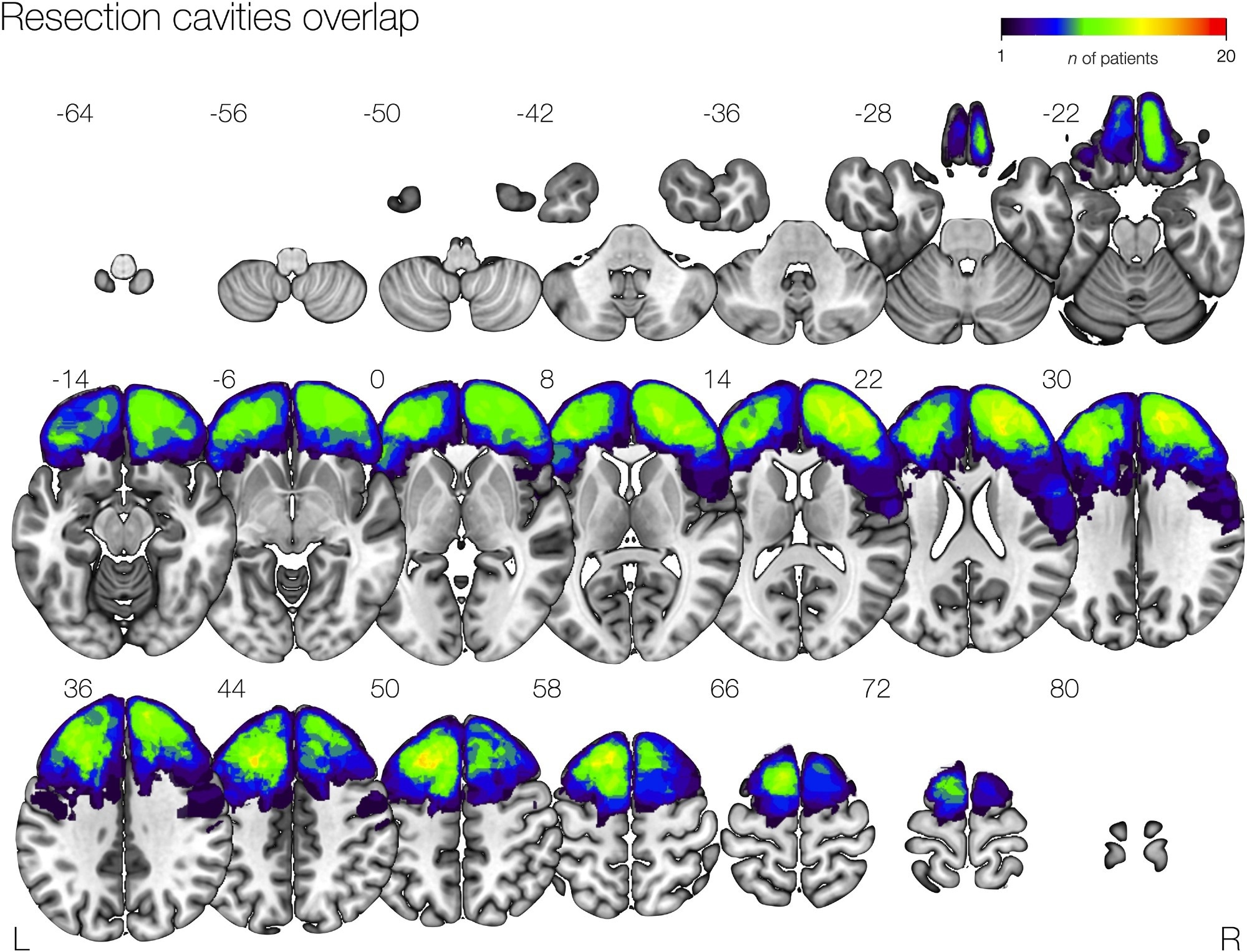Researchers at the UCL Queen Square Institute of Neurology have discovered a network of connections in the brain linked to seizures in people with epilepsy.
There are 500,000 people in the UK with epilepsy, and 50 million people have the condition worldwide. But one in three cannot control their epilepsy with medication.
For those patients where the source of epilepsy can be pinpointed, neurosurgery can be curative. However, currently, only around 30% of patients remain seizure-free in the long term in the frontal lobe.
The team analyzed MRI scans of 47 patients who had received surgery to their frontal lobes for epilepsy years earlier.
They found that patients had longer-term seizure freedom when nerve pathways in the brain that link the frontal lobe to deep brain structures (the thalamus and striatum, which are responsible for relaying sensory and motor signals, motor control, emotion, and reward) were disconnected – with 88% of patients seizure-free after three years and 80% seizure-free at five years, compared to typical outcomes for epilepsy-treating neurosurgery (30%) in the frontal lobe.
Alongside preventing the recurrence of future seizures, the researchers found that cutting the connections did not have any negative effects on language or executive functions.
 Overlap map of resection cavities in the patients’ cohort. A map of all resection cavities normalized to the MNI space is shown, with a color bar showing voxel overlapping in a maximum of 20 patients.
Overlap map of resection cavities in the patients’ cohort. A map of all resection cavities normalized to the MNI space is shown, with a color bar showing voxel overlapping in a maximum of 20 patients.
Lead author and neurosurgeon, Mr. Davide Giampiccolo (UCL Queen Square Institute of Neurology and Cleveland Clinic London), said: "Neurosurgery can be very effective for people with epilepsy that is not controlled with medication. However, in some patients, seizures recur years after surgery, and until now, it has not been clear why this happens.
"We now think this might be related to connections in the brain that form a network that gives rise to epileptic seizures. If this is correct, disconnecting this frontal lobe network with surgery could prevent seizures recurring years later."
Mr. Giampiccolo said: "This will allow us to redesign neurosurgical operations and personalise the operations for each patient, ensuring that the right connections are cut. We hope this will lead to a great improvement in the long-term results of epilepsy surgery."
Tom Shillito, Health Improvement and Research Manager, Epilepsy Action, said: "Neurosurgery can be a really effective treatment for the many people facing the challenges of uncontrolled epilepsy. These can have a huge and often debilitating impact on many aspects of life, from education to employment. However, with only a small number of people remaining free from seizures in the long term following brain surgery, the decision to undergo this invasive operation can be an incredibly difficult one to make.
"It is exciting that these new findings have seen improved results in giving people long-term freedom from seizures, and this is a promising development for people with drug-resistant epilepsy. We hope this can help to empower even more people with epilepsy to make more informed and confident decisions about their future treatment.
"We're looking forward to seeing how this treatment develops, hopefully giving people with epilepsy more hope in gaining greater seizure freedom."
The study was funded by the National Institute for Health and Care Research (NIHR), UCLH/UCL Biomedical Research Centre (BRC) and Wellcome.
Study limitations
All 47 patients involved in the study had epilepsy due to lesions in the frontal lobe. Epilepsy due to lesions in other brain areas may impact differently on brain reorganization. The effect of this surgery on language and executive functions were examined, but the impact on other brain functions, such as mood or emotion, remains to be tested. Confirmation of the results is also needed in a larger cohort.
Source:
Journal reference: